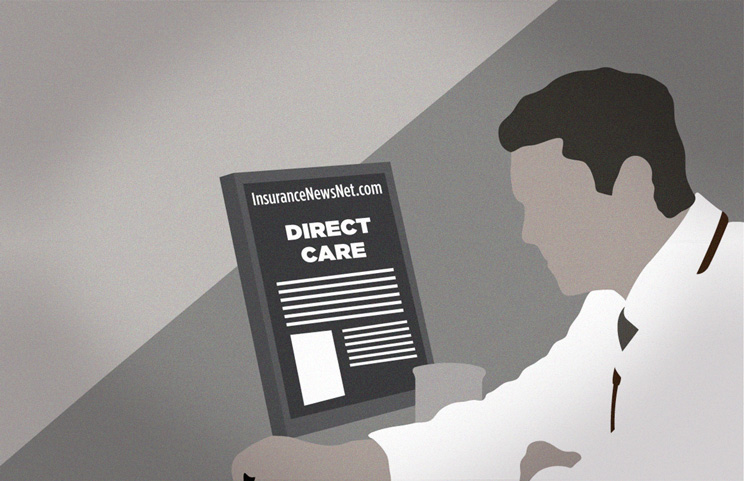 In an article from InsuranceNewsNet.com, Direct Care was the topic of discussion. DPC was shed in a positive light – and that’s the way it should be. Because that’s the way it is in real life. Yes, DPC and insurance are actually friends.
In an article from InsuranceNewsNet.com, Direct Care was the topic of discussion. DPC was shed in a positive light – and that’s the way it should be. Because that’s the way it is in real life. Yes, DPC and insurance are actually friends.
To those who don’t understand the business model, it might seem that Direct Care and insurance are at odds with each other. But that’s not actually the case. DPC finds its way around things that trip up the traditional healthcare system, and in a situation where the rules and regulations prevent the rules from being followed properly in the first place, a straight line from doctor to patient is a breath of fresh air. DPC never said insurance isn’t a good thing. In fact, most Direct Care providers actually recommend patients maintain a high deductible plan for emergency situations. It’s believed that filing fewer insurance claims will actually lead to more quality insurance claims… which in turn will lead to more claims that are actually paid by patients.
When patients pay for what they actually need rather than what they might need, everyone wins.
Know who else is winning? DPC providers like Tanya Spoon. She opened the doors to her Direct Care practice after a career in traditional healthcare and hasn’t looked back.
“My life/work balance is amazingly better,” she said. “I get to go home ever day for lunch.”
The benefits are familiar to those of us already immersed in the good life of Direct Care – but it’s fantastic to see them on InsuranceNewsNet.com.
“For providers, its an opportunity to spend more time practicing medicine. Spoon cared for about 4,000 people at the conventional primary care practice in Silverdale, carving out a few minutes for each visit. At Manette Clinic, she guarantees patients at least 30 minutes each time they see her, and she makes frequent house calls and visits to assisted living facilities.”
So now, it’s a quality win-win-win. Insurance companies win because they’re getting higher quality claims. Providers win because they get a work/life balance that is actually balanced. And patients win because they get a provider who has the time and energy to provide incredible care.